The instructions for use of almost every medicine warn against drinking alcohol while taking them. But despite the well-known danger of combining drugs with alcohol, many people ignore this rule.
Most medications, both prescription and over-the-counter, can interact with alcohol. This can lead to their degradation, rapid elimination from the body or, conversely, to an increase in their concentration in the blood. Other drugs combined with alcohol can cause serious side effects, long-term health damage, and even death. Therefore, if you are planning a party or event and are taking any medication, be careful with the consumption of strong drinks and carefully read the instructions in their leaflet.
How mixing alcohol and pills affects the body
Alcohol is a toxic and addictive substance. It directly affects the brain and liver. The liver, in turn, is one of the most complex and important chemical laboratories in the body. Many chemical processes occur only in the liver, and one of them is the breakdown of alcohol.
During its journey through the body, the medicine you take passes from the digestive system into the blood and from there to the liver. In the liver, enzymes process the drug, shoot it to the right parts of the body, and clear out the rest of it. When alcohol also enters the body, it competes with the drugs for the liver enzymes needed to break them down. As a result, the breakdown of these substances slows down, the availability is impaired and the load on the liver increases significantly, leaving less time and energy for other metabolic processes.
Long-term alcohol use continuously activates the enzymes that break down the drugs and thus their effects are weakened, sometimes even several weeks after you stop drinking. Therefore, a person must take higher doses of the drug than someone who does not drink alcohol chronically. It can also activate enzymes that turn certain drugs into liver-damaging toxins, and increase the effects of other drugs on the nervous system that work by a similar mechanism.
Types of interactions between alcohol and pills
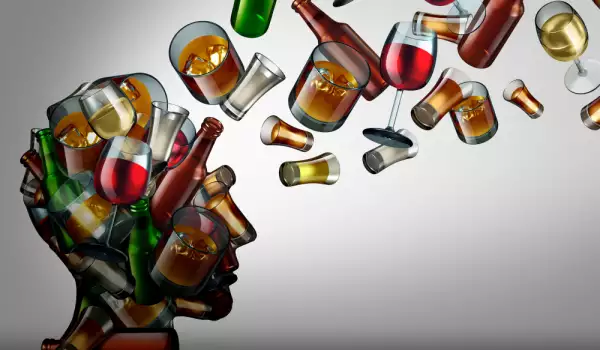
- Increasing the level of absorption of alcohol. About 10% of all drugs produced today are mainly absorbed in the stomach. Thus, there are certain medications that can cause alcohol to be absorbed into the bloodstream quicker. The result of this effect is a faster and stronger intoxication. For example, a person who feels confident driving after a glass of beer may find that their blood alcohol level is higher after taking such a pill;
- Decreased effectiveness of the drug. Some drugs are broken down in the body by a special CYP2E1 enzyme, similar to alcohol. In a person suffering from chronic alcoholism, the amount of liver enzymes is particularly high, which can make treatment ineffective;
- Extending the effect of the drug. Moderate drinking can cause the alcohol and the drug to compete with existing enzymes in the body, and in many cases it is the alcohol that will bind to the existing enzymes, not the drug. As a result, the medicine will not break down, but will continue to work after the expected duration;
- Increased drug toxicity. In addition to the fact that the slower breakdown of the drug can lead to a long period of impact on the body, there are drugs that can be very toxic in high doses. Thus, disruption of the degradation mechanism of chemicals can lead to significant toxicity and endanger health;
- Increased alcohol toxicity. As a result of the breakdown of alcohol in the blood, a toxic substance called acetaldehyde is released. It is supposed to break down quickly, preventing it from building up in the body, but some drugs slow down its breakdown, which can lead to a wide range of negative side effects.
Antibiotics and alcohol
Under the name "antibiotics" is a long list of completely different drugs. They all fight germs, but they do it in their own way. There are antibiotics that prevent bacteria from multiplying, there are those that kill them, and there are those that break them down. There are antibiotics from natural raw materials and there are synthetic ones. Some drugs work only against a certain type of bacteria, while others destroy a very wide range of microorganisms.
Some antibiotics used to treat infections caused by bacteria inhibit an enzyme that breaks down acetaldehyde (a byproduct of alcohol) in the liver. As a result, acetaldehyde builds up in the blood and causes symptoms such as nausea, vomiting, skin rashes, palpitations, shortness of breath, and sometimes seizures. Alcohol can also reduce the effect of the drug and thus cause development of resistant bacteria and can prolong the infection in the patient.
After extensive scientific research, it is now known for certain that alcohol is completely incompatible with only certain types of antibiotic substances. These include isoniazid, metronidazole, griseofulvin, doxycycline, nitrofurantoin, linezolid, cefamandole, cefoperazone, cefotetan, chloramphenicol, sulfamethoxazole, sulfathiazole. A glass of strong drink with such drugs is guaranteed to cause instant intoxication, nausea and other symptoms, since they use the same enzymes. Due to the increased load, these enzymes do not have time to cope with the task of neutralizing alcohol, so intoxication comes quickly and lasts for a long time. In addition, drugs containing isoniazid are too toxic for the liver, so its combination with alcohol is destructive. Therefore, doctors recommend that patients taking these types of antibiotics avoid alcohol during and after treatment.
Anti-allergy drugs and alcohol
First-generation antihistamines only stop the itchy eyes, sneezing, and hives that often accompany an allergic reaction, but they can also impair motor control, lead to dizziness, and severe drowsiness. Because alcohol causes the same side effects, it should be avoided along with allergy medications. But if there was a sudden anaphylactic reaction after drinking a glass of alcohol, then in this case you should still take an antihistamine and seek medical help immediately.
Second-generation antihistamines usually do not cause side effects that increase when combined with alcohol. However, it's important to talk to your doctor before mixing them into your favorite cocktail.
Alcohol and antidepressants
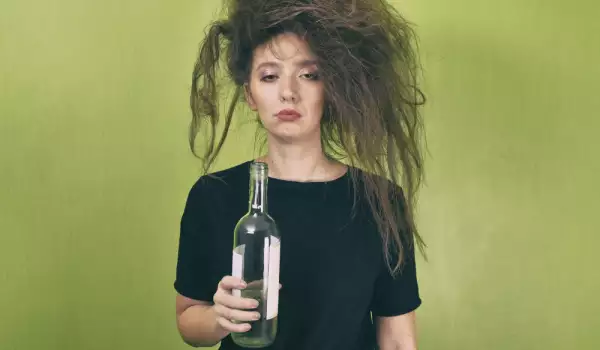
The most common type of depression medication are selective serotonin reuptake inhibitors. The use of alcohol along with them leads to treatment failure, causes a feeling of fatigue and deterioration of the condition. Combining antidepressants from the group with wine or beer is especially dangerous. This combination causes a significant increase in blood pressure, and even one glass of alcohol can cause significant symptoms. Alcohol increases the sedative effect of tricyclic antidepressants, which can impair judgment and alertness. Medicines will not work to relieve the symptoms of depression, which can lead to more substance abuse, deeper depression, and a higher risk of suicide.
Sedatives, antidepressants and alcohol
Sedatives are used to combat anxiety, stress, neuroses, sleep disorders and other neurological problems. Alcohol also has a sedative effect. Its initial effect depends on increasing the concentration of the inhibitory neurotransmitter GABA, which is found in the spinal cord and brainstem and reduces its effect on the stimulation of neurotransmitters. When alcohol is combined with sleeping pills, the sedative after the alcohol causes excessive sedation, increasing the burden on the body. Interestingly, it is impossible to know for sure what effect this combination will have on an individual due to the unique genetic composition. Many people experience irritation from low doses of alcohol, dizziness, nausea and vomiting, some may experience euphoria, depression, irritability or all three at the same time. This combination leads to significant fatigue, shortness of breath, easily passing into coma, attacks of respiratory depression, cardiac arrest. Therefore, alcohol and sedatives are never recommended.
Nonsteroidal anti-inflammatory drugs and alcohol
NSAIDs are a large group of drugs that help relieve pain and reduce inflammation. Preparations based on ibuprofen, paracetamol, acetylsalicylic acid, nimesulide are usually available without a prescription. They are effective in relieving acute and chronic pain, lowering the temperature during fever. NSAIDs usually do not pose a major health risk, but they can damage the stomach lining, and when combined with alcohol this risk increases even more and can even lead to ulcers and bleeding if taken at the same time and often. It also increases the toxic load on the liver.
Many do not know that the most common drug, paracetamol, is one of the most toxic drugs in your home. In the process of removing alcohol from the body, the liver uses a molecule called glutathione, which helps remove harmful substances from the body's cells and protects against oxidative damage. Binge drinking in one night or chronic use can significantly reduce the body's levels of glutathione, the same molecule that paracetamol is supposed to release. In high doses, paracetamol causes dangerous and sometimes irreversible liver damage.
Painkillers and alcohol
Taking over-the-counter pain relievers can increase the effects of alcohol. Risks in this case include kidney or liver damage, depending on the amount of pain reliever. Combining with opioid pain relievers, even in low doses, can be fatal. The problem is that both substances have a sedative effect, slow down breathing, and in case of an overdose, completely stop the respiratory function. Even if the combination is not fatal, it will accelerate liver damage and may cause memory loss.
Medications for blood pressure and alcohol
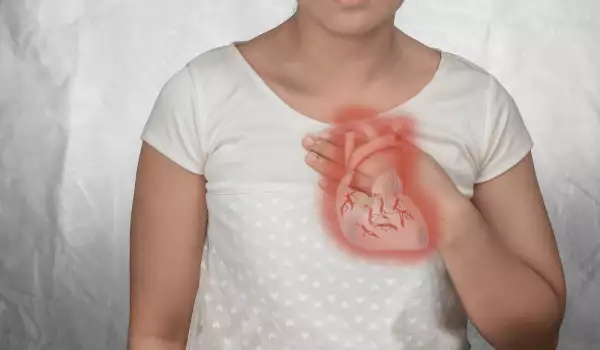
Mixing medications for blood pressure or heart disease (such as beta-blockers, ACE inhibitors, alpha-blockers, and many others) with alcohol is definitely a dangerous decision. The combination of these drugs and alcohol can cause excessive lowering of blood pressure, sedation, dizziness, confusion, and fainting. Erectile dysfunction drugs such as sildenafil or vardenafil, which also dilate blood vessels, can increase the blood pressure-lowering effect and sometimes lead to weakness and even loss of consciousness.
Cough medicines and alcohol
Over-the-counter cough medicines usually contain a mixture of ingredients (such as dextromethorphan, acetaminophen, antihistamines, decongestants), each with their own individual interactions with alcohol. And many of them even contain alcohol themselves. Prescription cough suppressants with codeine or benzoate are powerful central nervous system depressants that are potentiated by alcohol, resulting in excessive drowsiness and dizziness.
Muscle relaxants and alcohol
Muscle relaxants are commonly used for muscle hypertonicity to treat muscle pain or spasms, as well as some types of headache. Combining these prescription drugs with a cocktail can cause serious side effects, including drowsiness, dizziness, slow or irregular breathing, unusual behavior, memory loss, impaired control, and seizures.
Antacids and alcohol
Antacids and proton pump inhibitor drugs are often used to treat gastroesophageal reflux disease and ulcers. These drugs can block acid production to temporarily control heartburn and acidity. In addition to further increasing the production of stomach acid, alcohol makes taking the medicine pointless and can also suddenly raise blood pressure and increase the effect of alcohol on the nervous system. Also, prepare for unpleasant side effects in the form of nausea, headache and drowsiness. The reason is that antacids prevent alcohol from breaking down in the stomach, so more alcohol molecules are absorbed into the blood.
Multiple drugs and alcohol
Taking many medicines and alcohol at the same time is very risky because it can lead to unpredictable consequences. Such combinations often reinforce each other's actions. Any amount of alcohol during drug treatment can lead to significant and uncontrollable complications. This, in turn, can cause severe intoxication or overdose, and in rare cases, death.
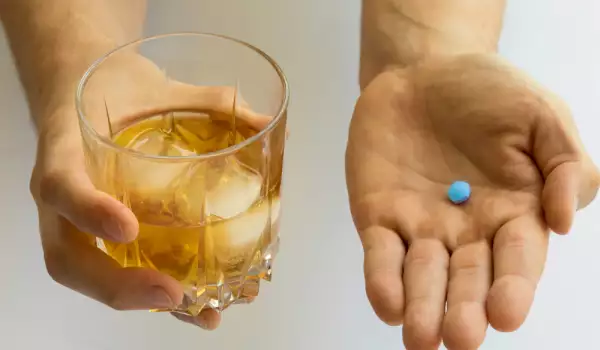
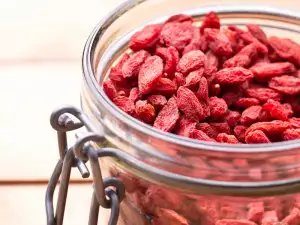

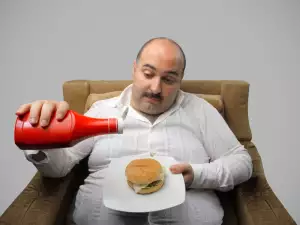



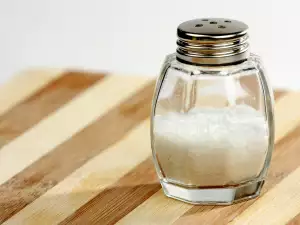




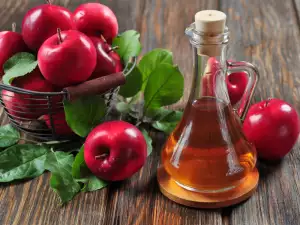







Comments